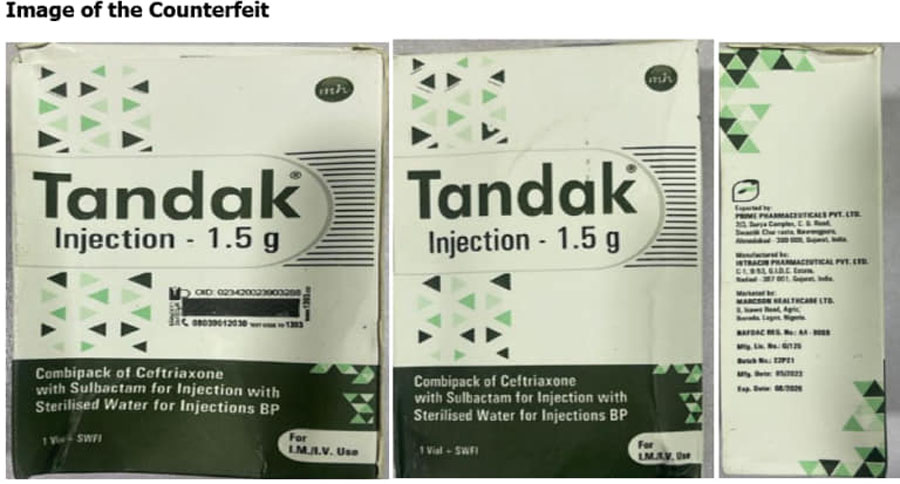NAFDAC recalls Benylin cough syrup
The National Agency for Food and Drugs Administration and Control has recalled Benylin Paediatrics Syrup manufactured by Johnson & Johnson, following recent toxicity findings in the laboratory on the product.
NAFDAC said laboratory analysis conducted on the product showed that it contains an unacceptable high level of Diethylene glycol and was found to cause acute oral toxicity in laboratory animals.
The agency disclosed this on its website on Wednesday.
A product recall is an important method of managing risks in response to product safety events and emergencies.
According to an online health portal, Science Direct, a product recall is a request to return to the maker, a batch, or an entire production run of a product, usually over safety concerns, design defects, or labelling errors.
“Benylin Paediatric syrup is indicated for the relief of cough and its congestive symptoms and for the treatment of hay fever and other allergic conditions in children aged two to 12 years.
“Diethylene glycol is toxic to humans when consumed and can prove fatal. Toxic effects can include abdominal pain, vomiting, diarrhea, inability to pass urine, headache, altered mental state, and acute kidney injury which may lead to death,” it noted.
READ ALSO:
The details of the product showed that the product is manufactured by Johnson & Johnson in Cape Town, South Africa.
With batch number 329304, the product was manufactured in May 2021, and it is to expire this month, April 2024.
NAFDAC, however, implored importers, distributors, retailers, and consumers to exercise caution and vigilance within the supply chain to avoid the importation, distribution, sale, and use of substandard (contaminated) regulated products.
It said all medical products must be obtained from authorised/licensed suppliers. The products’ authenticity and physical condition should be carefully checked.
“Anyone in possession of the above-mentioned product is advised to immediately discontinue the sale or use and submit stock to the nearest NAFDAC office. If you witness any adverse reaction/event after the use of this product in any children, you are advised to direct such patients to immediate medical attention from a qualified healthcare professional.
“Healthcare professionals and consumers are advised to report any suspicion of substandard and falsified medicines to the nearest NAFDAC office, NAFDAC on 0800-162-3322 or via email: sf.alert@nafdac.gov.ng
“Similarly, healthcare professionals and patients are also encouraged to report adverse events or side effects related to the use of the medicinal product to the nearest NAFDAC office, or through the use of the E-reporting platforms available on the NAFDAC website www.nafdac.gov.ng or via the Med-safety application available for download on android and IOS stores or via e-mail on pharmacovigilance@nafdac.gov.ng,” it added.
Meanwhile, the agency said it has directed the marketing authorisation holder (Johnson and Johnson company, West Africa) to initiate the recall of the batch and the notice will also be uploaded to the WHO Global Surveillance and Monitoring System.
NAFDAC regulates and controls the manufacture, importation, exportation, distribution, advertisement, sale, and use of food, drugs, cosmetics, medical devices, packaged water, chemicals, and detergents.
NAFDAC recalls Benylin cough syrup
Related












































You must be logged in to post a comment Login